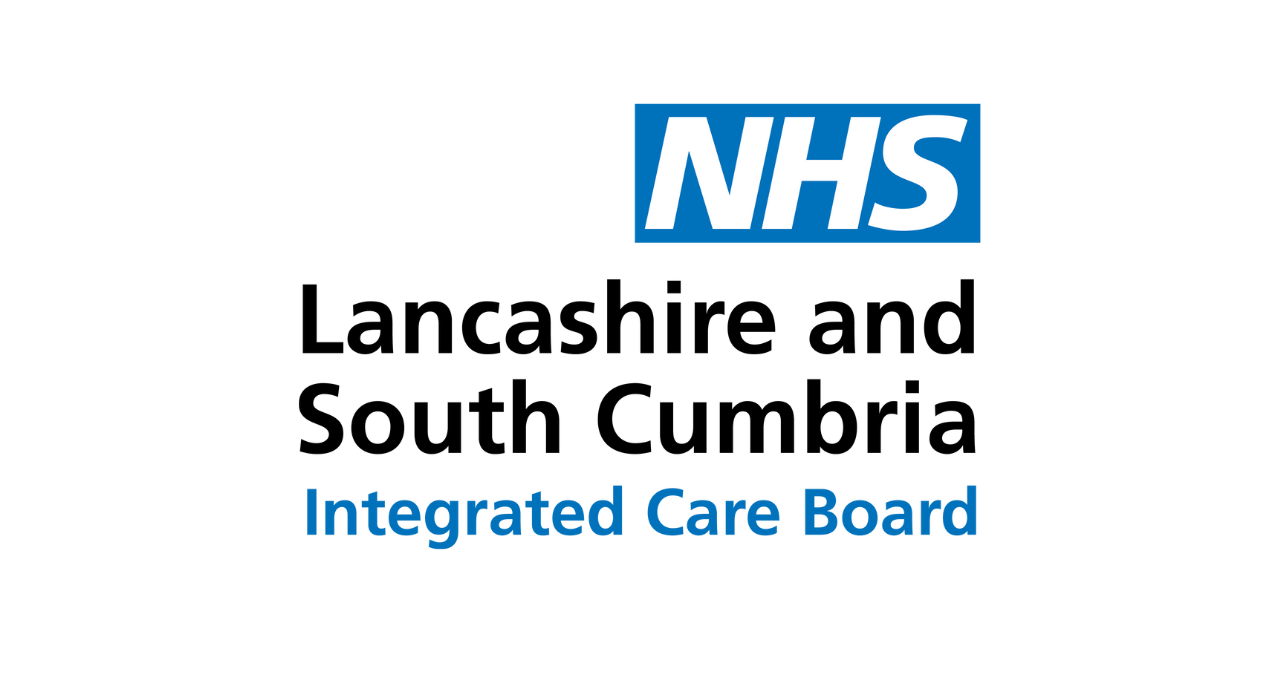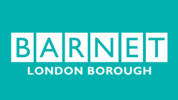Understanding the types of contracts available within NHS procurement is crucial for tailoring bids effectively. The NHS uses several contracting mechanisms to source services.
Framework Agreements
A framework agreement pre-qualifies providers for specific services over a set period. While it doesn’t guarantee work, it positions successful bidders to be invited to mini-competitions or direct awards.
Advantages:
- Simplified bidding process for subsequent contracts.
- Opportunities to secure multiple projects over time.
Example: NHS Shared Business Services frameworks for IT, healthcare services, and facilities management.
Spot Contracts
Spot contracts are used for one-off or urgent services. These are particularly common in social care when there’s an immediate need for a provider.
Advantages:
- Quick opportunities for providers with immediate capacity.
- Ideal for smaller organisations or SMEs entering the market.
Block Contracts
These contracts involve fixed payments to providers for delivering a set volume of services over a specified period. They offer financial predictability and long-term engagement.
Example: Contracts for mental health services or care home placements.
Outcome-Based Contracts
Focusing on measurable outcomes, these contracts reward providers for achieving specific health or social care goals, such as reducing hospital admissions or improving patient satisfaction.
Advantages:
- Encourages innovative and patient-centred care delivery.
- Providers benefit from achieving high-quality results.
Ready to Win Your Next Bid?
Partner with Bid Writing Solutions
Contact us for a free consultation, and let’s discuss how we can help your agency secure high-value NHS contracts.











